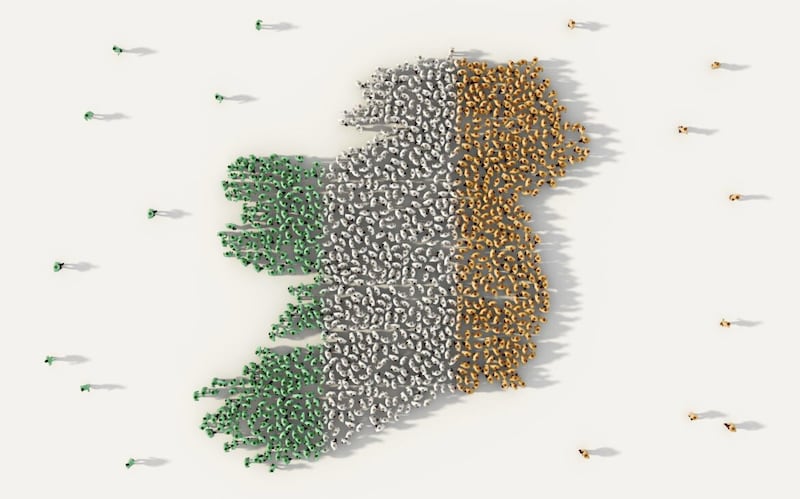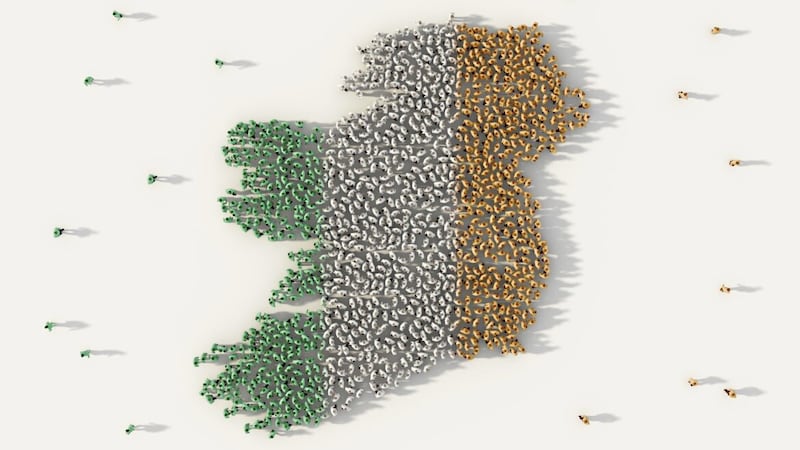The phrase ‘losers’ consent’ was a new one on me when it popped up this week. It is one of those pernicious phrases that seems common sense, but dig a little deeper and it reveals malign intent.
The context is the prospect of a border poll, all the more inevitable after last week’s local government elections reinforcing the 2022 ballot which saw Sinn Féin emerge as the biggest party in the Northern Ireland Assembly.
‘Losers’ consent’ is part of a narrative which suggests the electorate should surrender rights in order to placate a political force which has rarely respected the rights of others. Having exploited its gerrymandered dominance over the course of a century, unionism stubbornly refuses to accept times have changed. Losers’ consent is ‘unionist veto’ by another name.
The notion that voters in this part of Ireland should walk away from their right to self-determination – for that’s what ‘losers’ consent’ really means – would be laughable, if it were not so dangerous.
It is dangerous because it feeds the narrative of loyalist paramilitaries, the so-called loyal orders, and unionist political extremists. They refuse to acknowledge the legitimacy of Irish culture and traditions in this part of Ireland, they continue to walk over the rights of their fellow citizens (sometimes literally), and they long for the return of a sectarian state where nationalists knew their place.
Without question nationalists paid a price for the forced partition of Ireland. The costs have been well-documented, even if they have not been acknowledged by the Donaldsons, Allisters and Brysons of this world.
But the Protestant community lost part of its birthright too: its links through to the United Irishmen who championed independence from the dead hand of England; its unique Irish identity (contemporary accounts show that although they prized the link with Britain, it was as Irish people within a United Kingdom); and they lost the opportunity to be the economic driver of a new Ireland.
The north would have been well-placed to lead the newly-independent nation economically, and it would have had the momentum needed to shift to a hi-tech, high-value economy when manufacturing declined.
But ‘Big House’ unionism let the Protestant working class down. Direct rule failed them too. And now, by refusing to work devolution and take advantage of the Windsor Framework, the DUP is repeating the same mistakes.
The economic arguments for reunification are unassailable. Ireland, as part of a global economic powerhouse, offers more to the north than a Britain crippled by Brexit.

Now it is time to tackle the political dimension too. Recent election results, and the laws of arithmetic, make that an imperative.
For all the talk, it is clear by their actions that successive Irish governments see ‘managing the north’ as more important than preparing the way for unity. That must change, and change quickly.
A border poll held in a vacuum would open the way for loyalist extremists to flex their muscles, as they did at the time of partition.
The UK needs to step up to the mark too. It must not be on one side of the fence, but it must live up to its responsibilities to be an honest broker.
A prospectus for a new Ireland must be debated and agreed. This must encompass every aspect of national life: political structures; law and justice; economic development; health and well-being; and social and cultural development, among others. It must be crystal clear that the benefits of a new Ireland will be felt on the Shankill as well as the Falls.
It must also look at a new relationship between these islands. East-West was an important strand in John Hume’s vision for a new Ireland, and it remains vital that we deepen and enhance it post-unification.
Managed properly, a border poll can be an act of healing rather than division. It must happen, it will happen. It’s time our political leaders faced up to that. It must also be made clear that 50 per cent plus one is enough.
Finally, I’d like to say my own farewell to Donegall Street as The Irish News moves out of the building which has been its home for more than a century. I spent formative years there. But the paper is the thing, not the building. It has been a force for good. I know it will remain so.









